Introduction: Why Insurance Matters More Than Ever for Plumbing Businesses
Running a plumbing business is about much more than fixing leaks and installing pipes. Every project—whether it’s a quick residential repair or a complex commercial installation—carries risks that could threaten your financial stability, reputation, and even your ability to operate. From accidental water damage and tool theft to employee injuries and client disputes, a single incident can have devastating consequences if you’re not adequately protected.
Insurance isn’t just another administrative checkbox; it’s a strategic investment in your company’s future. With today’s rising litigation, stricter safety requirements, and increased value of specialized tools, having the right insurance coverage is critical for plumbers of all sizes. In this comprehensive guide, we’ll break down the insurance essentials every plumbing business needs, explain what each policy covers, discuss key exclusions to watch out for, and offer practical advice for choosing and maintaining the right coverage. Whether you’re a solo operator just starting out or managing a growing team, you’ll find actionable insights to help you protect your tools, your team, and your hard-earned reputation.
Understanding the Insurance Landscape for Plumbing Businesses
The Unique Risks Plumbers Face
Unlike many other trades, plumbers regularly deal with situations that can escalate quickly—flooding, property damage, exposure to hazardous materials, and working in confined spaces are just a few examples. Additionally, the value of plumbing tools and equipment continues to rise, making them prime targets for theft or accidental loss. Employees may be exposed to slips, falls, or repetitive strain injuries. And as a business owner, even a simple paperwork error could result in a costly lawsuit.
Common Claims and Their Real-World Impact
- Water Damage: A misplaced pipe joint floods a client’s basement, causing thousands in repairs.
- Tool Theft: A van break-in wipes out your inventory of specialty tools overnight.
- Injury on the Job: An apprentice slips and fractures an ankle, putting you on the hook for medical bills and missed wages.
- Professional Errors: Incorrect installation leads to system failure, with the client demanding compensation for damages.
- Vehicle Accidents: A fender bender en route to a jobsite leaves your work truck inoperable.
Each of these risks can be managed—but only if you have the right combination of insurance policies in place.
Essential Insurance Policies for Plumbing Businesses
1. General Liability Insurance
This foundational policy covers third-party claims for property damage or bodily injury resulting from your business operations. For example, if you accidentally crack a customer’s tile floor during an installation, general liability insurance helps pay for repairs and legal fees if you’re sued.
- What it covers: Property damage, bodily injury, legal defense costs, completed operations.
- Typical exclusions: Employee injuries (covered by workers’ comp), professional mistakes, damage to your own property.
2. Professional Liability (Errors & Omissions) Insurance
If a client claims you made a professional mistake—such as designing a plumbing system that fails or giving faulty advice—this policy steps in. It covers defense costs and damages from lawsuits related to your professional services, including alleged negligence or missed deadlines.
- What it covers: Professional errors, omissions, negligence, misrepresentation.
- Typical exclusions: Intentional wrongdoing, criminal acts, bodily injury (covered by general liability).
3. Workers’ Compensation Insurance
Required by law in most states, workers’ compensation covers medical expenses, rehabilitation, and lost wages if an employee is injured on the job. Even if you hire subcontractors or have part-time staff, this policy is essential for protecting your team and shielding your business from lawsuits.
- What it covers: Workplace injuries, medical bills, disability benefits, legal costs if sued by an employee.
- Typical exclusions: Injuries outside of work, self-inflicted injuries, injuries from intoxication or illegal activity.
4. Commercial Property Insurance
This policy covers your physical assets—tools, equipment, inventory, office furniture, and your workspace—against risks like fire, theft, vandalism, and some natural disasters. If your shop or storage area is damaged, commercial property insurance helps you recover quickly.
- What it covers: Buildings, contents, tools, equipment, business interruption (if added as an endorsement).
- Typical exclusions: Flood and earthquake damage (often require separate policies), wear and tear, intentional damage.
5. Inland Marine Insurance (Tool and Equipment Coverage)
Unlike standard property insurance, inland marine insurance protects tools and equipment wherever they are—on the jobsite, in transit, or stored offsite. This is crucial for plumbers who regularly transport valuable gear between locations.
- What it covers: Tools, machinery, portable equipment, materials in transit.
- Typical exclusions: General wear and tear, unexplained disappearance, employee theft (may require an endorsement).
6. Commercial Auto Insurance
If you use vehicles for work—whether it’s a single van or a fleet—personal auto insurance won’t cover business-related accidents. Commercial auto coverage pays for vehicle damage, liability, and injuries resulting from accidents during business use.
- What it covers: Collision, liability, uninsured motorists, physical damage, comprehensive (theft, vandalism, weather events).
- Typical exclusions: Personal use (unless specified), unlisted drivers, non-owned vehicles.
Optional but Recommended Insurance Coverages
1. Umbrella Liability Insurance
An umbrella policy provides extra protection when a claim exceeds the limits of your primary liability policies. This is especially important for larger plumbing businesses or those working on high-value projects.
2. Employment Practices Liability Insurance (EPLI)
Covers claims related to employment issues such as discrimination, harassment, or wrongful termination. As your team grows, so does your exposure to HR-related risks.
3. Cyber Liability Insurance
If you store customer data or process payments electronically, cyber insurance helps you respond to data breaches, hacking, and cyberextortion.
4. Business Interruption Insurance
If a covered event (like a fire) shuts down your operations, this policy helps cover lost income and ongoing expenses until you’re back in business.
Key Considerations When Choosing Insurance
Assessing Your Risk Profile
No two plumbing businesses are alike. The size of your operation, the types of projects you handle, your geographic region, and the value of your equipment all influence your risk. Take the time to inventory your assets, review your contracts, and identify the unique risks you face.
- How many employees do you have?
- Do you work on residential, commercial, or municipal projects?
- What is the replacement value of your tools and vehicles?
- Are you using subcontractors?
- Do you handle hazardous materials or specialized installations?
Understanding Policy Limits and Deductibles
Higher coverage limits offer more protection but come at a higher premium. Make sure your limits align with the potential value of a major claim against your business. Be realistic about deductibles—choose an amount you can afford to pay out of pocket in the event of a loss.
Reading the Fine Print: Exclusions and Endorsements
Insurance policies are full of exclusions—types of claims not covered by default. Review these carefully with your broker. For instance, flood damage or employee theft often require separate endorsements. Ask about coverage for rented or leased equipment, and clarify how claims are handled for tools stored offsite or in vehicles overnight.
Vet Your Insurance Provider
Work with insurers who specialize in construction or trades businesses. A good broker will not only help you identify gaps but also provide guidance on claims handling and risk reduction strategies. Check for financial stability and customer service reputation.
Practical Steps to Safeguard Your Business and Lower Premiums
1. Secure Your Tools and Equipment
- Install GPS trackers on high-value vehicles and trailers.
- Use lockable tool storage boxes and secure jobsite storage areas.
- Maintain a detailed inventory of tools, including photos and serial numbers.
- Mark tools with unique identifiers (engraving or permanent marker).
2. Train Your Team on Safety
- Hold regular safety meetings and toolbox talks.
- Keep up-to-date on OSHA requirements and best practices.
- Document all training and incident reports for insurance purposes.
3. Maintain Equipment and Vehicles
- Implement a regular maintenance schedule for all vehicles and equipment.
- Keep records of repairs, inspections, and upgrades.
- Address minor issues promptly to prevent bigger claims.
4. Tighten Contract and Documentation Practices
- Use clear, signed contracts with all clients and subcontractors.
- Detail the scope of work, materials used, and warranty terms.
- Document all communications and changes to the project plan.
5. Review and Update Insurance Annually
- Schedule annual policy reviews with your broker, especially after major purchases or business changes.
- Adjust coverage as your team grows or you take on bigger projects.
- Ask about discounts for implementing risk management strategies.
Case Studies: Insurance in Action
Case Study 1: Tool Theft from a Work Van
After a break-in at a hotel parking lot, a plumbing contractor lost over $20,000 in tools. Thanks to inland marine coverage and a detailed tool inventory, the business received a full payout minus the deductible. The claim was processed within two weeks, allowing the team to replace equipment and avoid project delays.
Case Study 2: Water Damage Lawsuit
A failed fitting installation led to a slow leak in a client’s finished basement. The homeowner discovered mold and water damage months later and sued for $80,000. The plumbing company’s general liability insurance covered legal costs and settlement, saving the business from bankruptcy.
Case Study 3: Employee Injury on the Job
An apprentice slipped while carrying materials, resulting in a broken wrist. Workers’ compensation paid for medical bills, physical therapy, and a portion of lost wages, allowing the employee to recover without financial hardship—and protecting the business from a potential lawsuit.
Frequently Asked Questions About Plumbing Business Insurance
- Do I need insurance if I’m a one-person operation? Yes—even solo plumbers face liability risks, tool theft, and jobsite injuries.
- Will my personal auto insurance cover my work van? No—personal auto policies exclude business use. You need commercial auto insurance.
- Is tool coverage included in my standard property insurance? Not always. If you transport tools to jobsites, you likely need inland marine coverage.
- How can I lower my insurance premiums? Implement risk management practices, maintain a good claims history, bundle policies, and ask about discounts for safety training or security improvements.
Conclusion: Building a Resilient, Future-Proof Plumbing Business
No one expects accidents, theft, or lawsuits to happen to them—but every experienced plumber knows they’re only one mishap away from a costly setback. The right insurance program is the safety net that lets you focus on growing your business, serving your clients, and investing in your team without constant worry. By understanding the essential policies, choosing appropriate coverage limits, and working with a knowledgeable broker, you can protect everything you’ve worked so hard to build.
Insurance is not a static, one-time purchase. As your business evolves—adding new vehicles, hiring staff, or taking on more complex projects—your risk profile changes. Make it a habit to review your coverage at least once a year. Take proactive steps to secure your tools, enhance safety on the job, and document your processes. Not only will this reduce your risk and potentially lower your premiums, but it will also strengthen your reputation as a responsible, trustworthy professional.
In the plumbing industry, your tools, your people, and your reputation are your most valuable assets. Protect them wisely with a comprehensive insurance strategy tailored to your unique needs. The investment you make today could be the difference between a minor hiccup and a business-ending disaster tomorrow. Stay informed, stay protected, and keep building a resilient future—one job at a time.
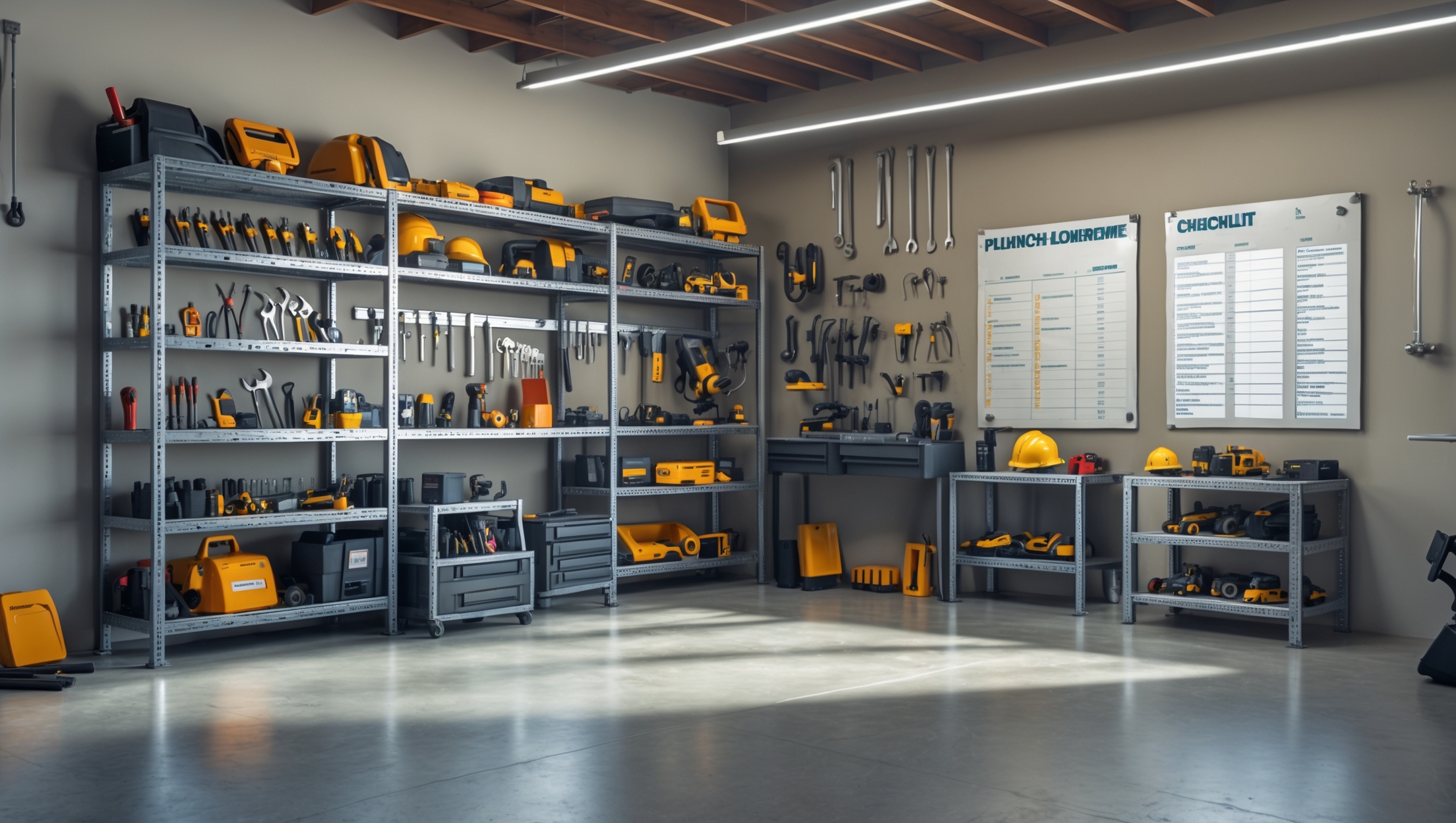

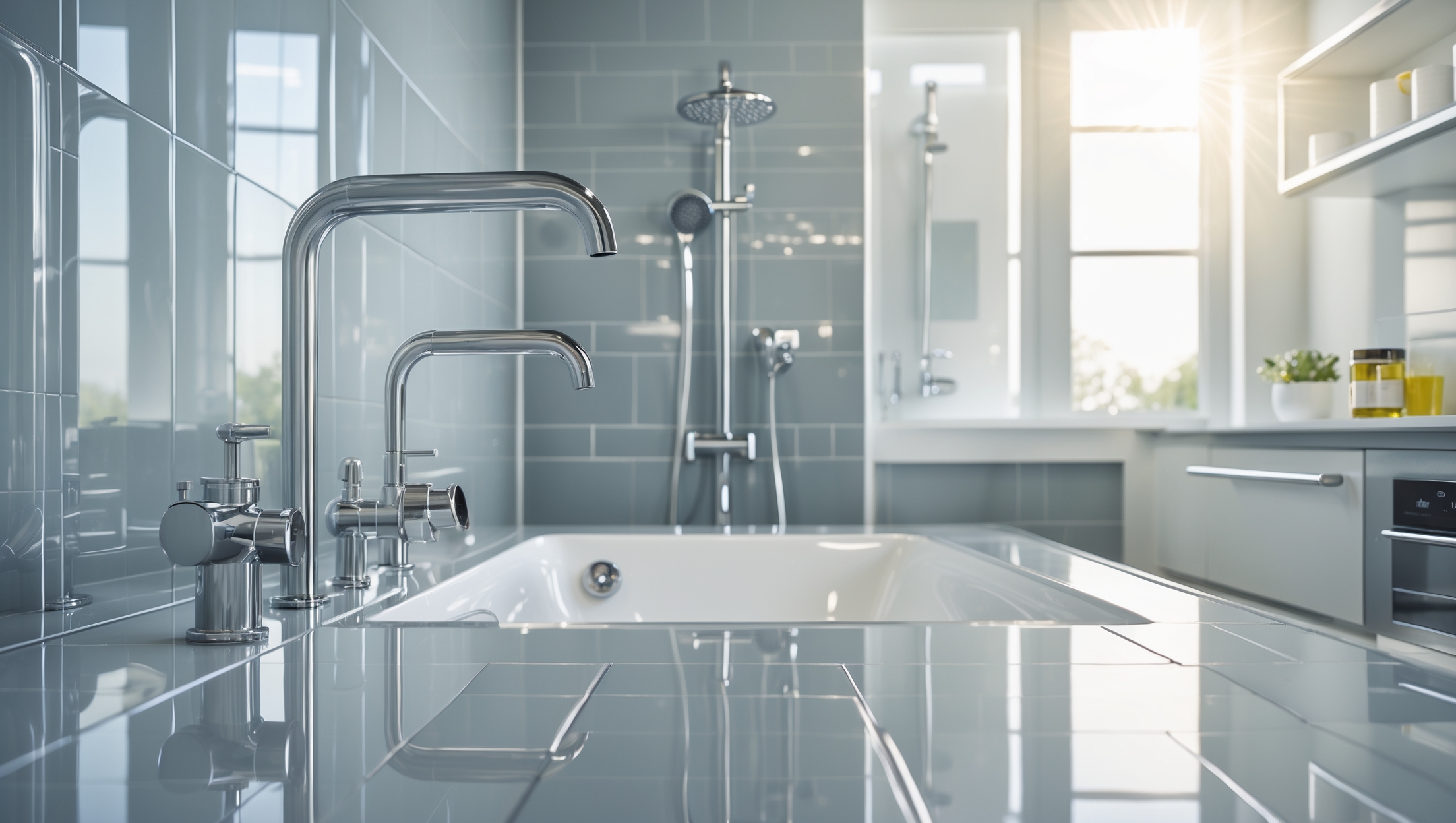

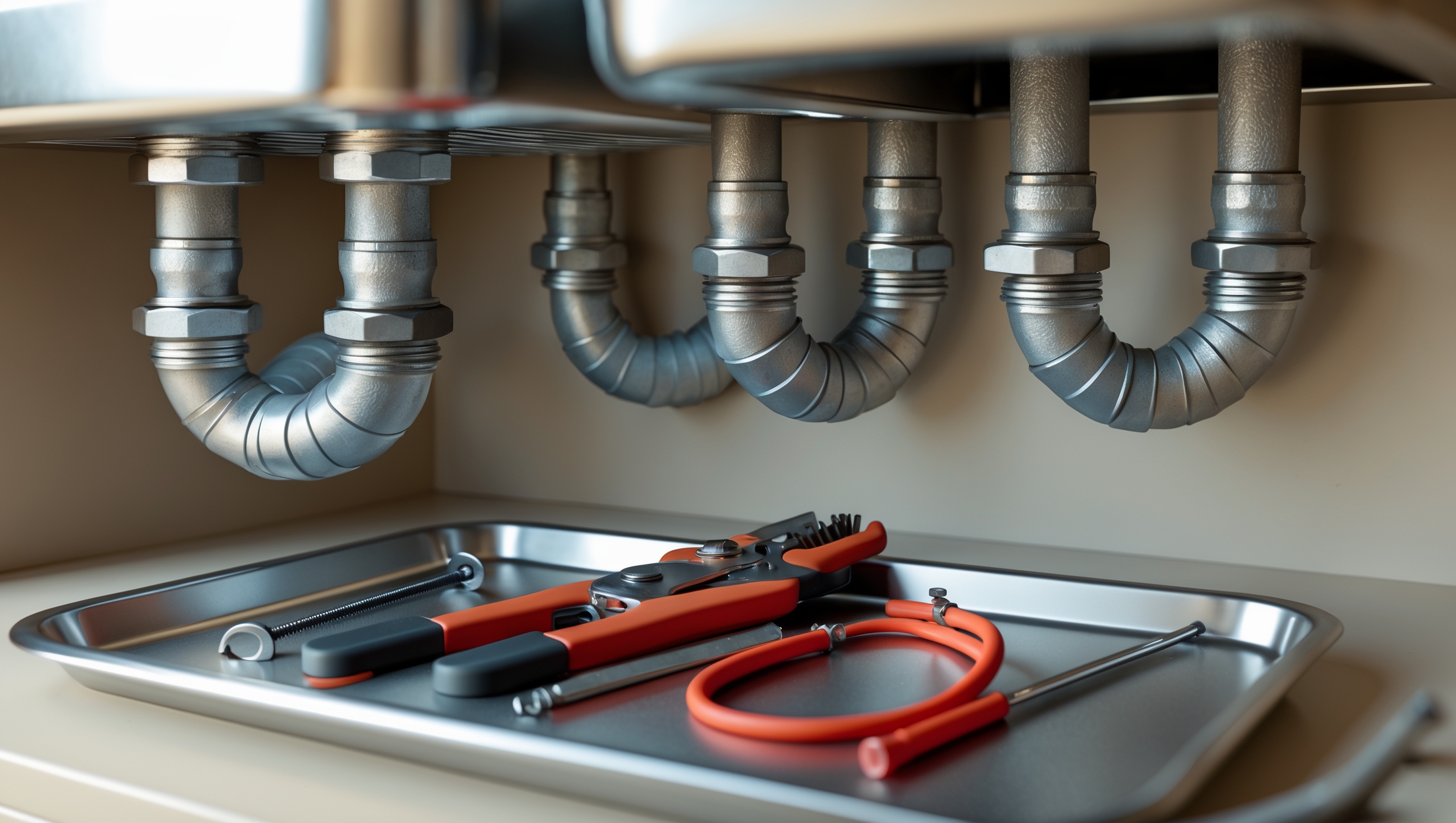



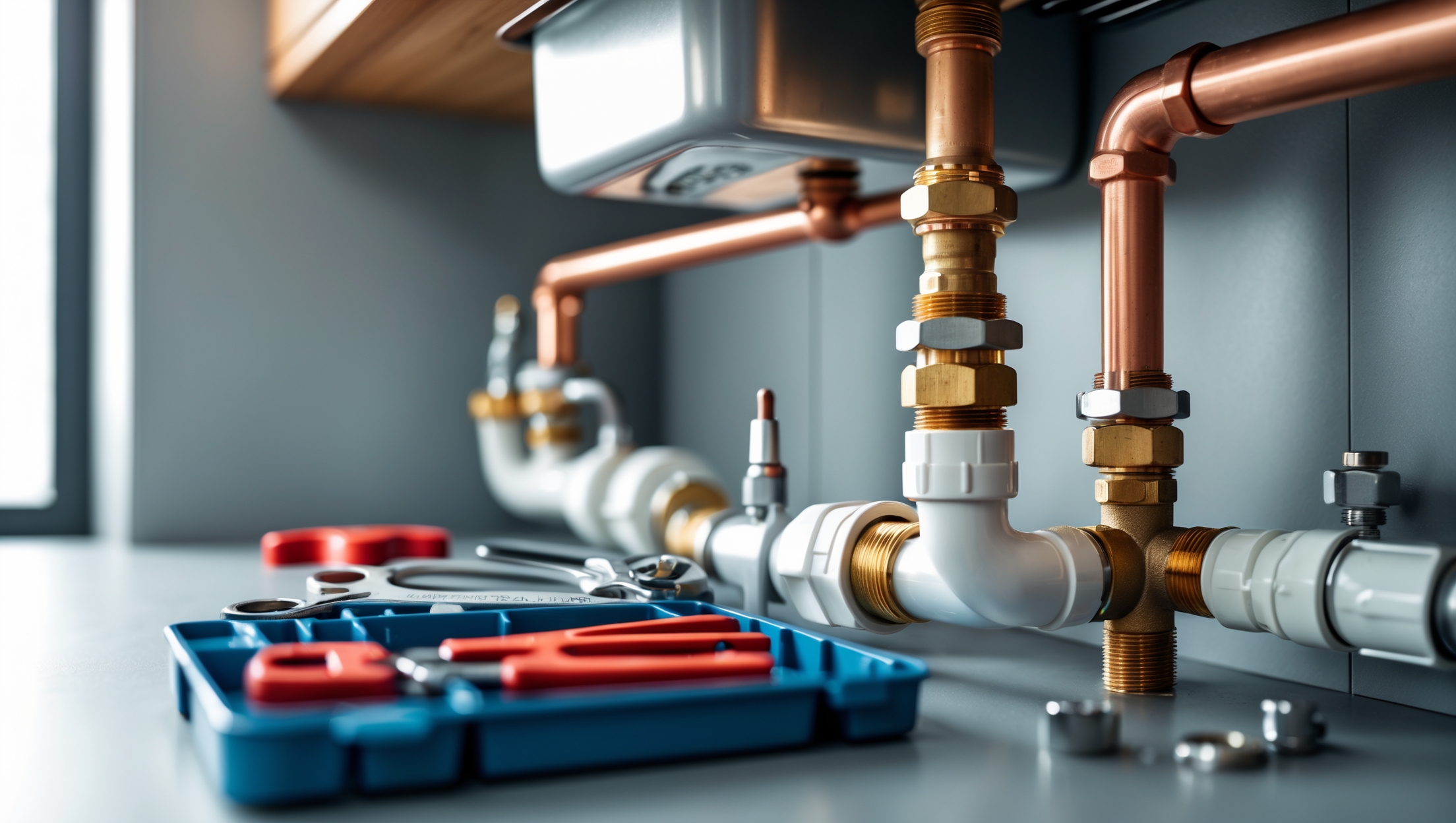
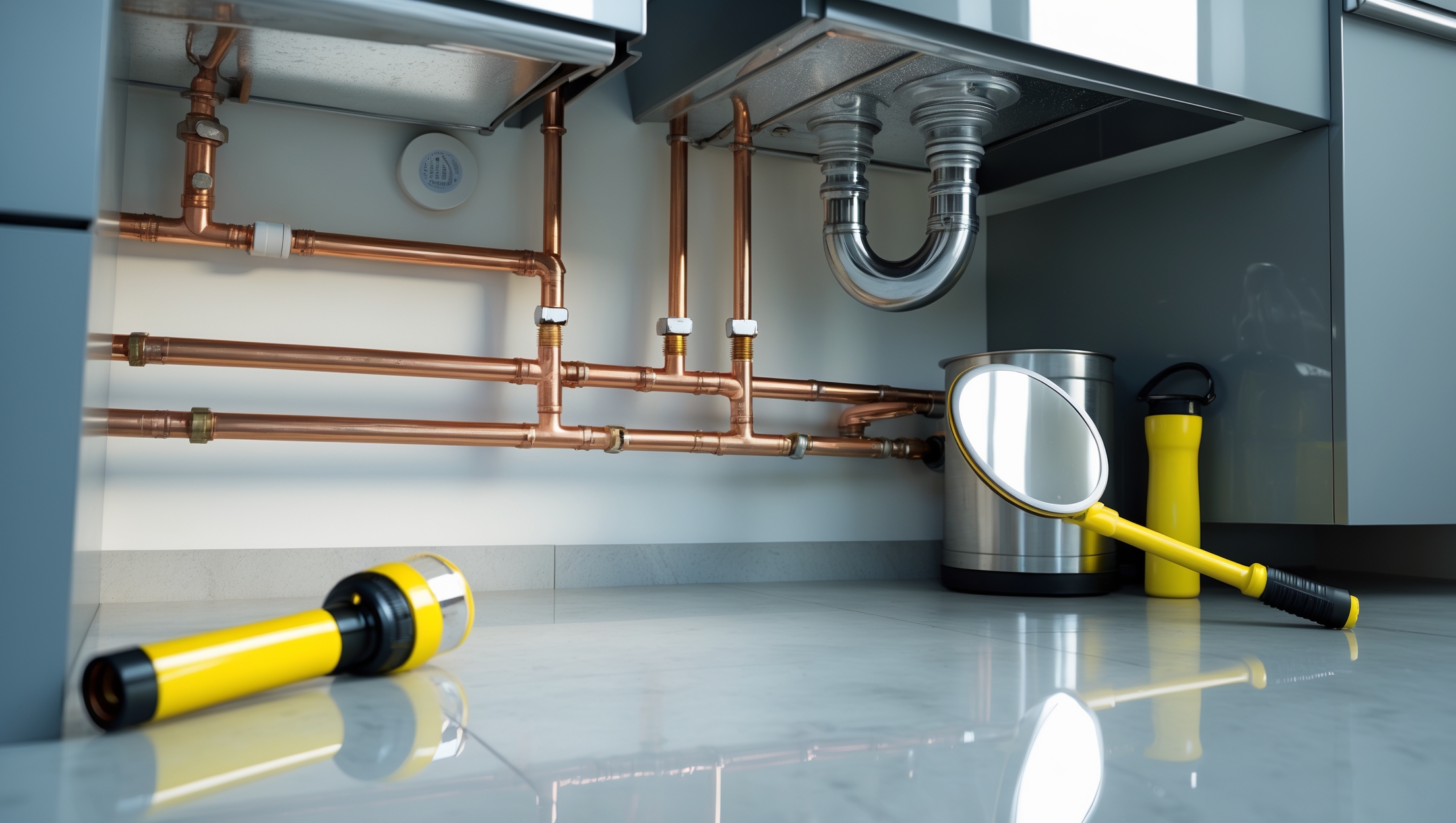
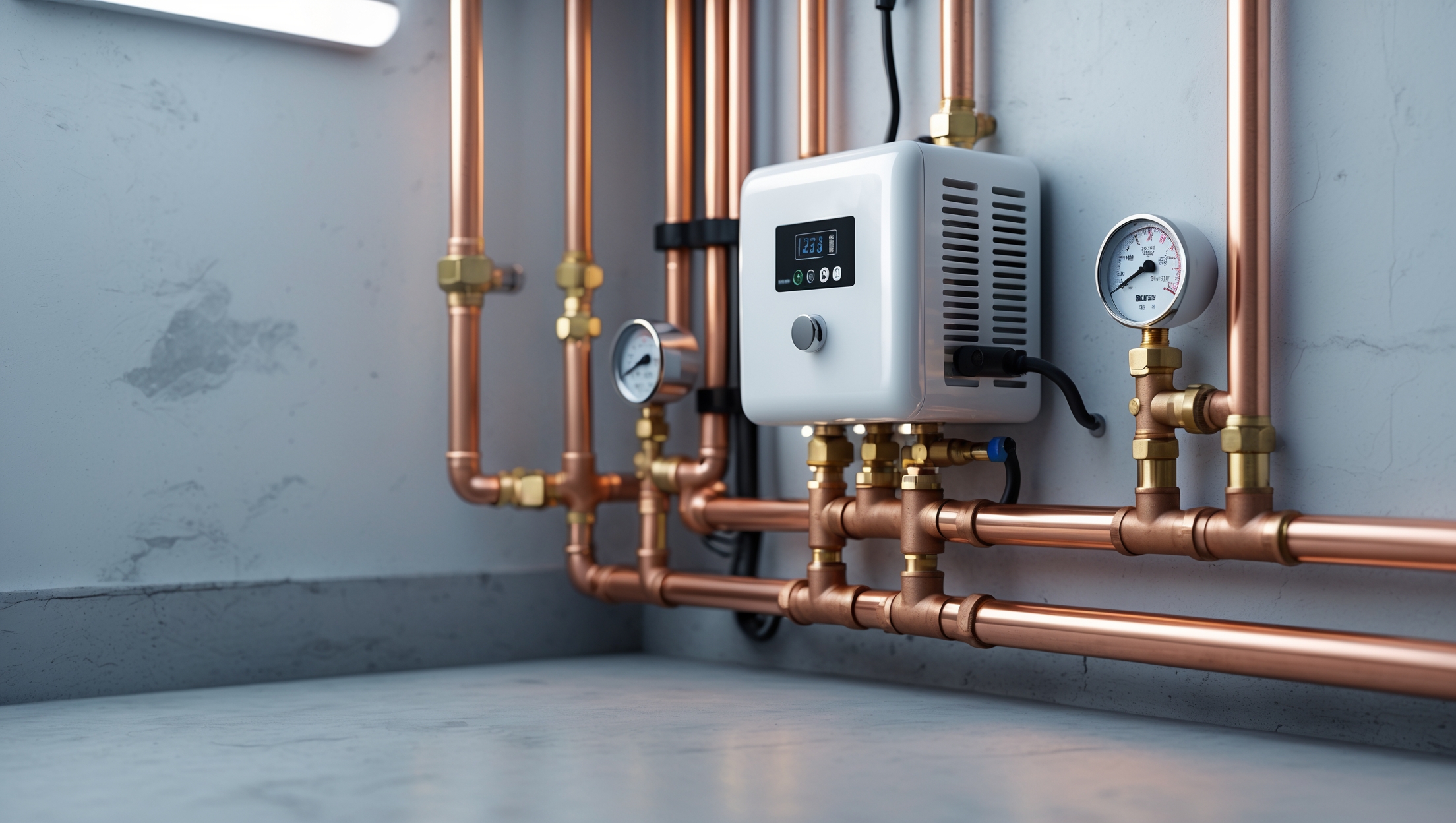
Thomas Williams
You mentioned that tool theft is a growing risk for plumbing businesses. Are there specific types of insurance that cover stolen equipment, or would that fall under a general business policy?